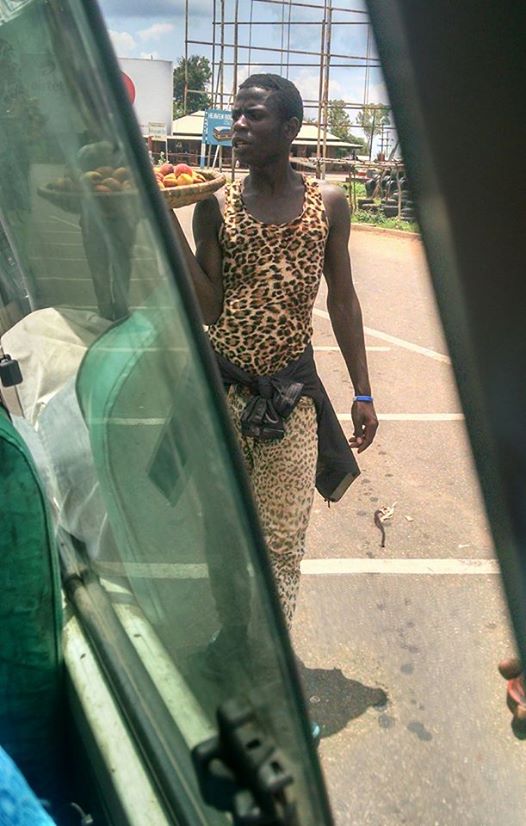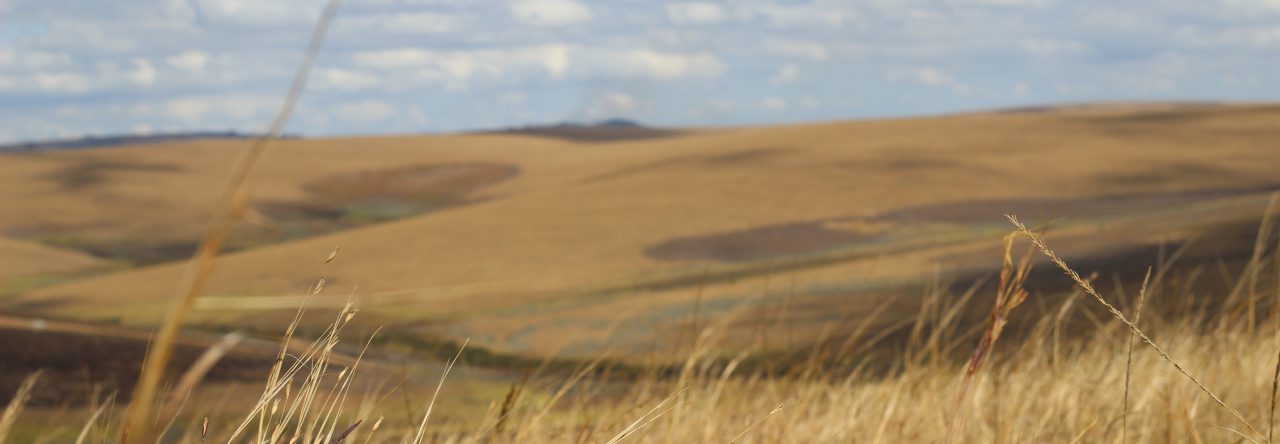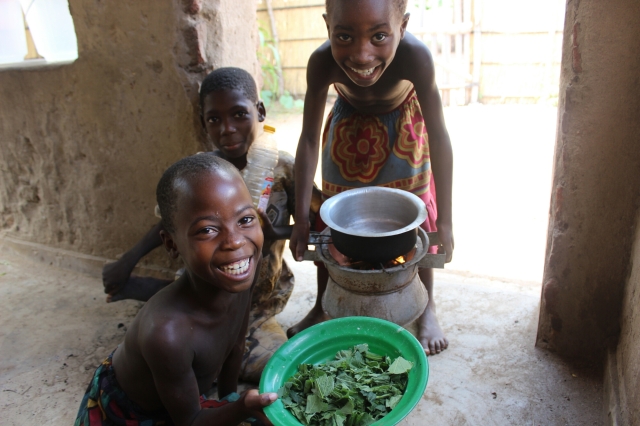1. Eating seasonally & locally available foods. Without electricity to power refrigerators, major grocery stores to stock overly processed foods, or supply chains to distribute out-of-season fruits, community members mostly rely on local produce. If you need vegetables, you walk a mere two minutes to the big mango tree where a line of amayis will be waiting with their day’s pick. If you want fresh maize, you simply pluck off an ear from the stalks that surround your compound. Malawians don’t amass much trash because instead of buying tiny snack packs that contain six chemical-infused apple slices, they eat whole foods that come directly from the land. Furthermore, most Malawians only eat foods that are in season. Waiting patiently for mangoes to ripen is difficult, but it makes them even more delicious!
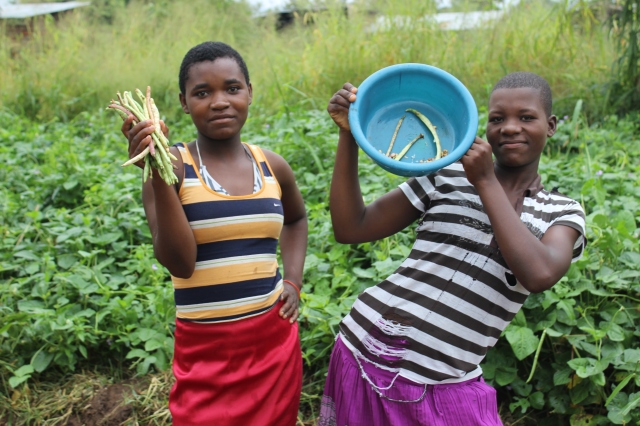
2. Pile diving. This refers to the act of rifling through huge heaps of used clothing on market days. Usually, (at least in my village), crazy salesmen stand behind the mounds shouting out prices, dancing around, and mixing up the piles so that customers can see all there is to offer. The selection is completely random, from long red velvet overalls, to Ralph Lauren jackets, to Cape Cod t-shirts. You never know what kind of gems may be lurking in those piles, but they will probably cost less than a dollar. This kind of shopping beats any mall excursion any day. Plus, it’s all outside in the fresh air!
3. Raising self-sufficient children. In the US, parents go to ridiculous lengths to make sure that their children are safe. They douse their kids in Purell, put them on leashes, and restrict them to playing in limited spaces. In Malawi, children run around with knives and begin farming at the age of five. While I admit the knives may be a little dangerous, the point is that Malawian children have the freedom to make their own mistakes and learn from these experiences. This allows them to be capable of babysitting their younger siblings at age eight, managing donut sales at age ten, and cooking over a fire at age twelve. Malawian kids are resilient, resourceful, and a bit wild. (Just like Peace Corps Volunteers).
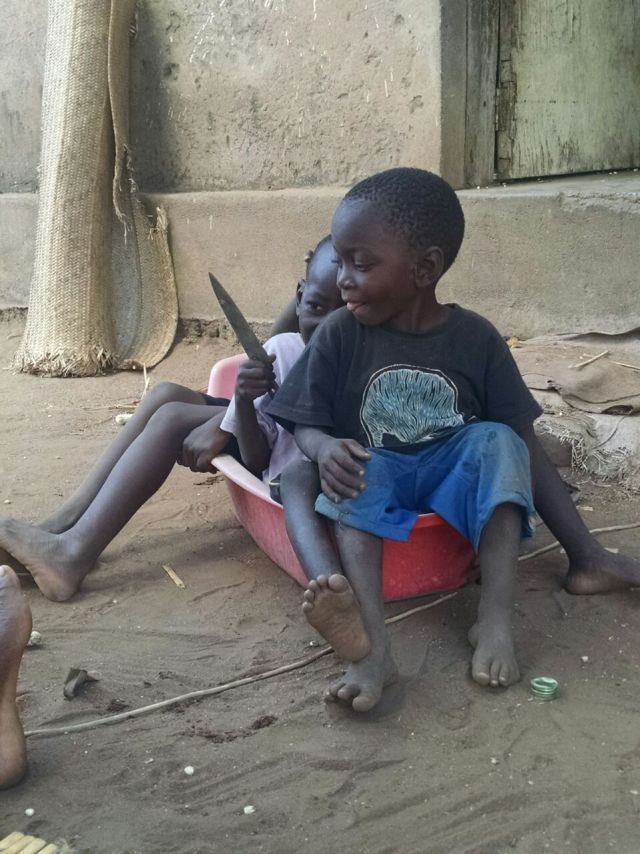
4. Nurturing a sense of community. Back home, I barely knew my next door neighbors. In Malawi, that would be unimaginable. Neighbors are usually literally family, but also figuratively family, in that they take care of each other as if they were true brothers and sisters. When a family sits down to eat, they invite anyone that is around to join, regardless if they’ve prepared enough food. When someone passes away, the entire village drops what they are doing to attend the day-long ceremony. This sense of community extends even beyond the village, where the best example I can provide is the camaraderie that develops among the hodgepodge of passengers on a typical minibus. After only twenty minutes together, the passengers will be sharing snacks, cracking jokes and making tsk-tsks and ay-ay’s (typical Malawian noises) in perfect unison. I love it. Now, imagining going back to America where people sit in morbid silence, tapping away on their smartphones, I can only cringe.
5. Road snacks. The best part of road snacks is feeling like a TOTAL BALLER. All of Malawi’s major roads are lined with vendors who sell mandasi, corn on the cob, hard boiled eggs, sodas, apples, peaces, lollipops -you name it. When your minibus pulls over (approximately every 8 minutes), the bus is swarmed by people selling their goods through the bus’s windows. It. Is. Awesome. You can dine on an array of delicious treats without even leaving your seat! (Yes, America has drive-thrus but road snacks require 1/10th of the effort at 1/10th the price.)
